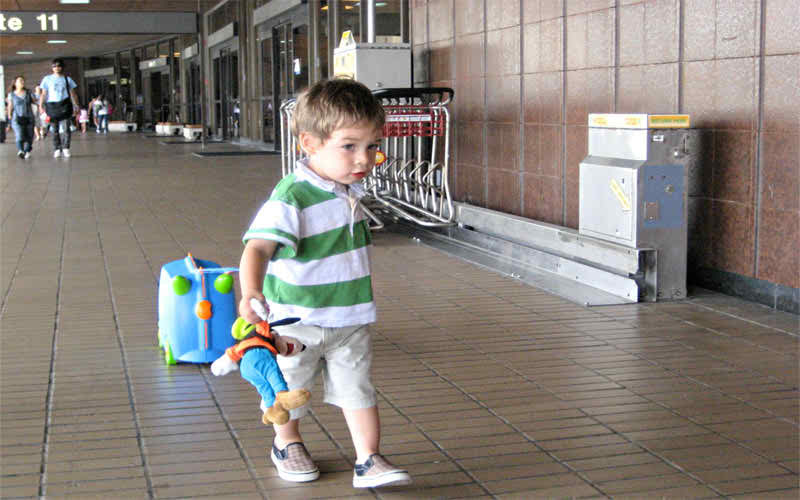Brothers Fight…to best friends
![Brothers Fight! B&W 1x1[1]](https://christianfamilyheritage.org/wp-content/uploads/2015/11/Brothers-Fight-BW-1x11-1022x1024.jpg) Brothers fight! Unfortunately this is reality – especially in the middle years.
Brothers fight! Unfortunately this is reality – especially in the middle years.
I am a mother of four boys ranging in age from 18 – 11. Yes, raising middle school age boys (10-13years) can be a challenge. The middle years transition is often a turbulent time. They are transitioning from childhood into more of an adult world, trying to figure out where they fit and who they are. As they seek to control more of their lives, this often translates into controlling their sibling.
During this time boys need physical outlet. Their bodies are changing and they need some outlet for energy so that it is not spent inappropriately. During the winter months this is even harder as they are cooped up most of the time. This is a good time for them to try out a sport if they have not already done so, as an avenue to get some needed exercise and activity.
Often at this age verbal freedoms can become an issue. You may be amazed at times of the disrespectful and unkind words that might come out of their mouths. Be careful of the verbal freedoms you allow them to take. If they are not speaking kindly to one another, then they need to experience some consequence for doing so. It is important that they have clear boundaries of what is acceptable speech and what is not. Consequences for this would be sitting on their beds without the freedom to do anything until they are ready to apologize. When they are ready to apologize they should do so, and then still have a consequence of sitting for a time (you determine…..but it needs to be painful. Anything less than 30 -45 minutes isn’t painful enough for this age.) The point being, if they can’t speak kindly, or are fighting with one another, they lose the freedom to be together, do anything and loose the freedom to speak….they just sit, silently. Isolation is a very effective tool for this age….it takes time, and consistency, but it does get to their heart. If they cannot sit in their rooms and be trusted, then you need some other location in the house for this to take place where you can keep an eye on them. Dad needs to be very involved in this whole process as well as often times boys will respond better when Dad is fully involved in the consequences.
Another thing we have often done is take away our boys freedom to play with anyone else (friends) if they could not get along with one another. We would take away the freedom for a week or more at a time until they could show us they could get along over a period of days to a week, then we would give them the freedom back. It is a freedom they have to earn!
It is important that you continue to work at maintaining an atmosphere of communication and love through these years. A trusting relationship where they know you are still in charge is vital. Your boys need to know you love them unconditionally, but that you are serious about seeing them make some changes in their attitude and behavior. Attitude is crucial here. It is no longer the actions of a child you are dealing with, there is a lot of attitude. So, when the attitudes are not right, have them sit and get self-control before they end up doing or saying something to you or to each other that they will regret. Try to stay a step ahead of them and not let the attitude get out of control.
Teach them that they are best friends. Their friends will come and go, but their brother is permanent. They need to respect each other and treat each other as best friends.
Parenting is a journey. These problems will not be fixed over-night. Develop a plan with your spouse and work hard to stay consistent. Keep your marriage relationship strong and love your boys through these years!
Written by Roxie Ramseyer



